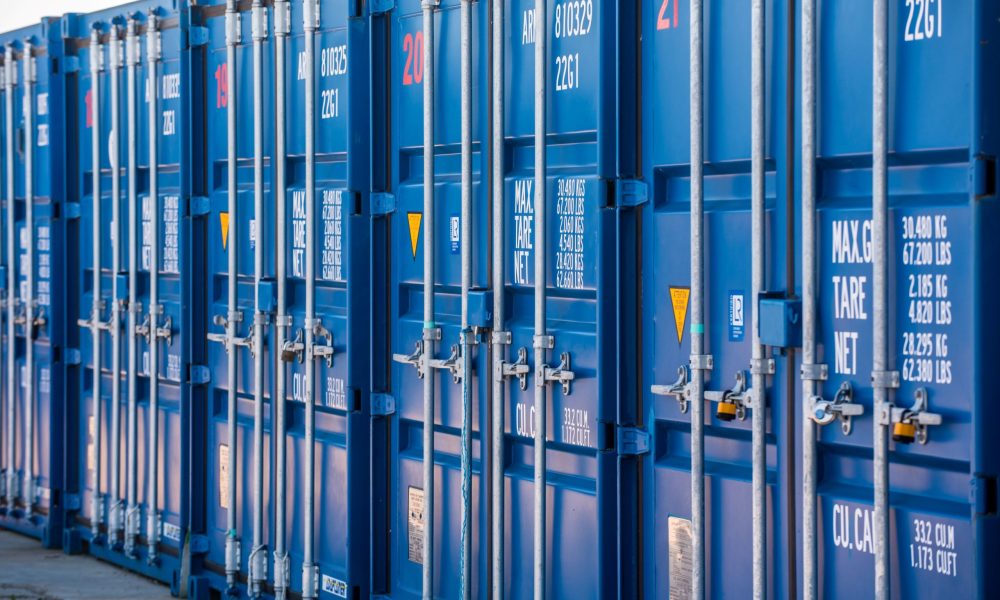Renting a container can be a practical solution for storage, moving, or even for business use. When considering renting a container, it’s crucial to know what can and cannot be stored inside. Containers offer significant advantages for both businesses and individuals. However, it’s important to evaluate their intended use before making a decision.
What Can I Store in a Container?
Shipping containers are designed to accommodate a broad range of items. They offer a secure and weather-resistant environment, making them suitable for numerous storage purposes. Here’s a look at some ideal container storage items:
Household Goods and Furniture: Containers are ideal for storing household items, including furniture and appliances. They provide ample space for moving or renovating without the high costs of other storage types.
Commercial Inventory: Businesses frequently use shipping containers for storing excess inventory, equipment and supplies. The robust nature of containers protects goods from weather conditions and theft.
Construction Equipment: Containers are commonly used to store tools, machinery and building materials. Their durability ensures that valuable equipment remains safe and secure.
Vehicles: Many people use containers to store vehicles, such as cars, motorcycles or boats. Containers offer protection from the elements and potential theft, making them a practical choice for vehicle storage.
Non-perishable Goods: Dry goods and other non-perishable items can be safely stored in containers. They provide a secure environment for long-term storage without the risk of spoilage.
What Can’t I Store in a Container?
Despite their versatility, there are specific restrictions when it comes to container storage rules. Here’s what can’t be stored:
Hazardous Materials: Containers cannot be used to store hazardous materials, such as flammable liquids, toxic chemicals or explosives. These substances pose significant risks and are subject to strict regulations.
Perishable Foods: Due to the lack of climate control, perishable food items should not be stored in containers. Fruits, vegetables and dairy products can spoil quickly, leading to health hazards and unpleasant odours.
Living Creatures: Containers are not suitable for animals, plants or people. Without container conversion, shipping containers lack proper ventilation, light and climate control, making it unsafe for living beings.
To optimise your container storage, consider these practical tips:
Organise Effectively: Use free standing shelves and storage bins to keep items organised and maximise space. An organised container makes it easier to access your belongings and prevents damage.
Protect Your Items: While containers are weather-resistant, it’s still a good idea to use waterproof covers and packaging materials to safeguard your items against moisture and pests. Our reception sells all packaging items to help protect your goods.
Place your padlock under lock shield: By correctly placing your padlock under the container lock shields helps maximise the security of your goods.
Ready to make the most of your storage solution? Whether you’re looking to store household items, business inventory or construction equipment, we can help. Contact us today to find the perfect container for your needs and get expert advice on how to optimise your container storage!
https://secure-storagesolutions.co.uk/storage-options/container-storage/


